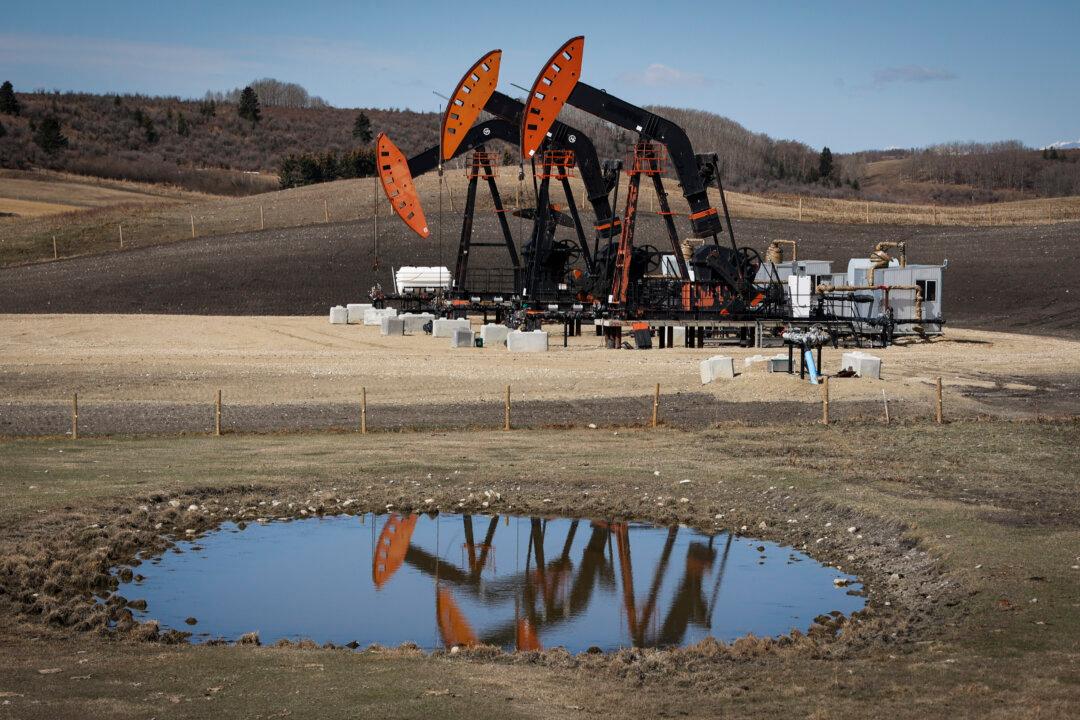Oil was the top-performing asset in the third quarter but now it’s on one of its sharpest declines in recent years. It’s the kind of trend that can spell trouble for the Canadian economy and yet another hit for the country’s energy sector.
The price of the U.S. crude benchmark West Texas Intermediate (WTI) dipped below US$69 per barrel on Dec. 12 for the first time since late June, marking a decline of 26 percent from its Sept. 27 level of over US$93. Brent, the international oil benchmark, is on a seven-week losing streak.





